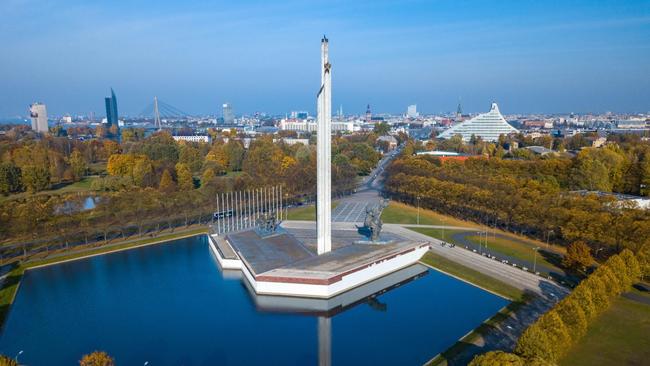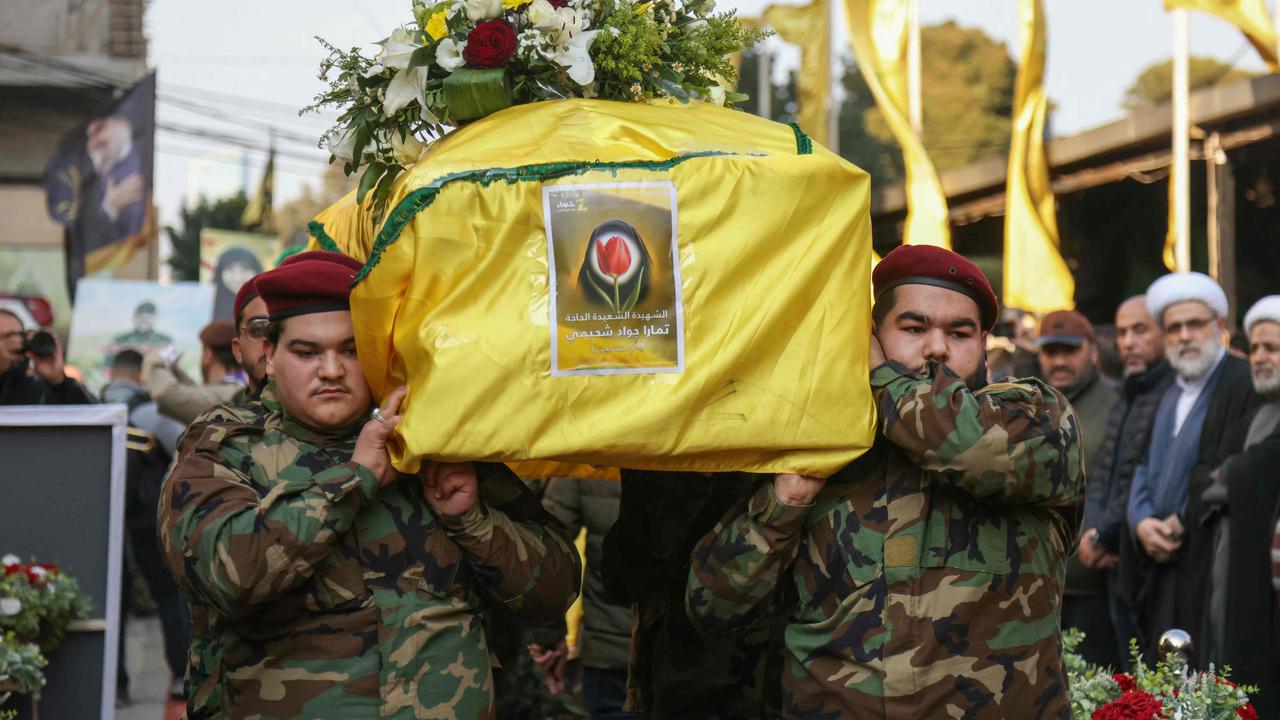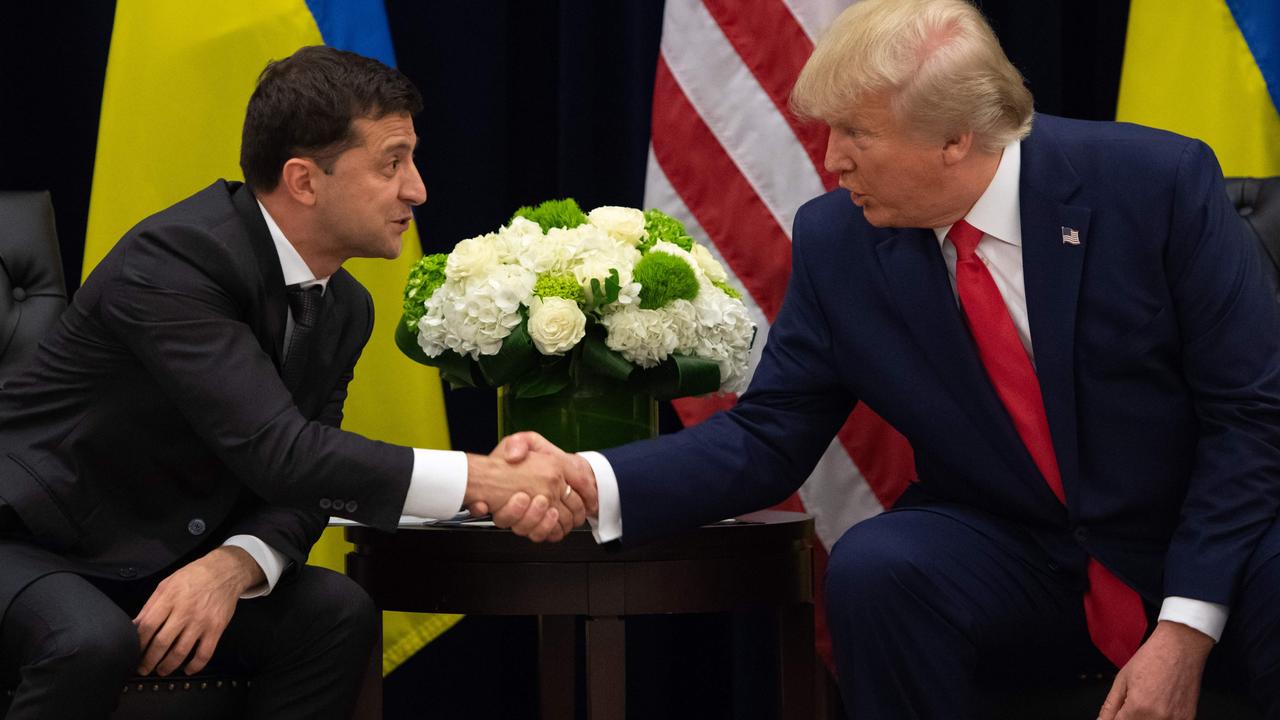Latvia to demolish Soviet-era statues in Ukraine war protest
No country has set about obliterating these lingering traces of Soviet occupation as systematically as this Baltic republic.

Latvia is to demolish nearly 300 Soviet monuments, including the giant victory memorial looming over the capital, Riga, in an emotionally charged gesture that is likely to anger the Kremlin and members of the Baltic nation’s large Russian-speaking minority.
Since President Vladimir Putin invaded Ukraine, numerous sites commemorating the Red Army’s defeat of Nazism have been dismantled across central and eastern Europe.
Yet no country has set about obliterating these lingering traces of Soviet occupation as systematically as Latvia, where virtually every single memorial will be torn down over the next four months.
Historians finished compiling the list last week.
By far the most controversial of these is the large memorial in Victory Park consisting of a 79m obelisk, a female statue representing the Soviet motherland, and three triumphant Red Army soldiers. It was built in 1985 to honour the removal of the “German fascist invaders”.
It is so big that its concrete foundations are believed to go tens of metres below ground, so taking it apart will be enormously difficult. In 1997, a gang of Latvian ultranationalists tried and failed to blow it up, with two dying in the attempt.
A little over a third of the country’s people speak Russian as their first language and in many cases live in something like a parallel world, with Russian-speaking schools, pro-Russian media and political parties affiliated to Mr Putin’s United Russia all prevalent.
While polls suggest that the majority of Russian speakers in Latvia either oppose the war in Ukraine or have refrained from taking sides, significant numbers support Mr Putin himself.
The strongly pro-Kremlin Latvian Russian Union party has been gaining ground at the expense of Harmony, a more moderate Russian party, with parliamentary elections to be held in October.
Since the early 2010s, the memorial has taken on totemic significance for Russian speakers, who have gathered there in crowds of up to 250,000 people to mark the anniversary of the Soviet victory over Nazi Germany on May 9. Yet for many Latvian speakers, and in particular for the generations who lived under communist oppression, it is a distasteful reminder of Soviet rule.
In May, riding a wave of public outrage at the attack on Ukraine, MPs passed a law mandating the demolition of all “objects glorifying the Soviet and Nazi regimes” by November 15.
The city also banned Victory Day rallies and sent in tractors to pull apart floral tributes that had been left there.
“Undoubtedly there will be people who are deeply hurt by this,” said Daunis Auers, an associate professor at the University of Latvia. “But in the long term it will get rid of this very visible division in Latvian society.”
There is little fear that Mr Putin will respond with anything stronger than complaints, according to Martins Hirss, a political scientist at the Riga Graduate School of Law, as all of the larger pro-Kremlin news outlets have been banned since the invasion.
“Russia is distracted by the war in Ukraine and this is a small thing compared with what’s happening out there,” Hirss said.
The Times


